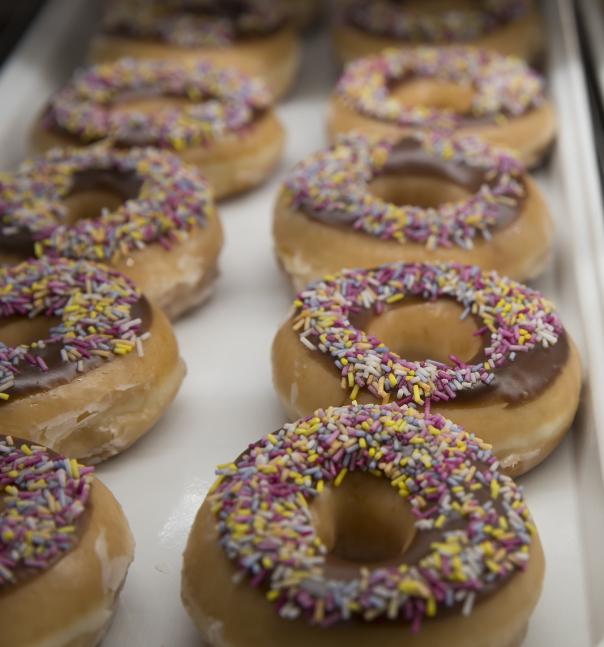
Researchers writing in the British Medical Journal (BMJ) have said that the UK’s love of sweet snacks means it should consider taxing food as well as drinks, which would lead to a drop in sales especially among families where obesity is a problem and incomes are low.
It is thought that a snack tax could cut obesity in the UK population from about 28% to about 25%.
In some countries, sugar intake is mostly from drinks, but the UK is keener on sweets and cakes. The research found that for all income groups combined, increasing the price of biscuits, cakes, chocolates and sweets by 20% would reduce annual average energy intake by about 8,900 calories, leading to an average weight loss of 1.3kg over one year. The effect would be greater among the lowest income families, where obesity levels are highest.
In contrast, a similar price increase on sugary drinks would result in an average weight loss of 203g over one year.
Many drinks companies have cut sugar from their products or use sweeteners instead, but that sort of reformulation is much harder in foods that need sugar for other reasons, such as to raise cakes or provide texture. Low-sugar confectionery is particularly unlikely to be popular.